Welcome to the Research and Strategy Services at in today's fast-paced.

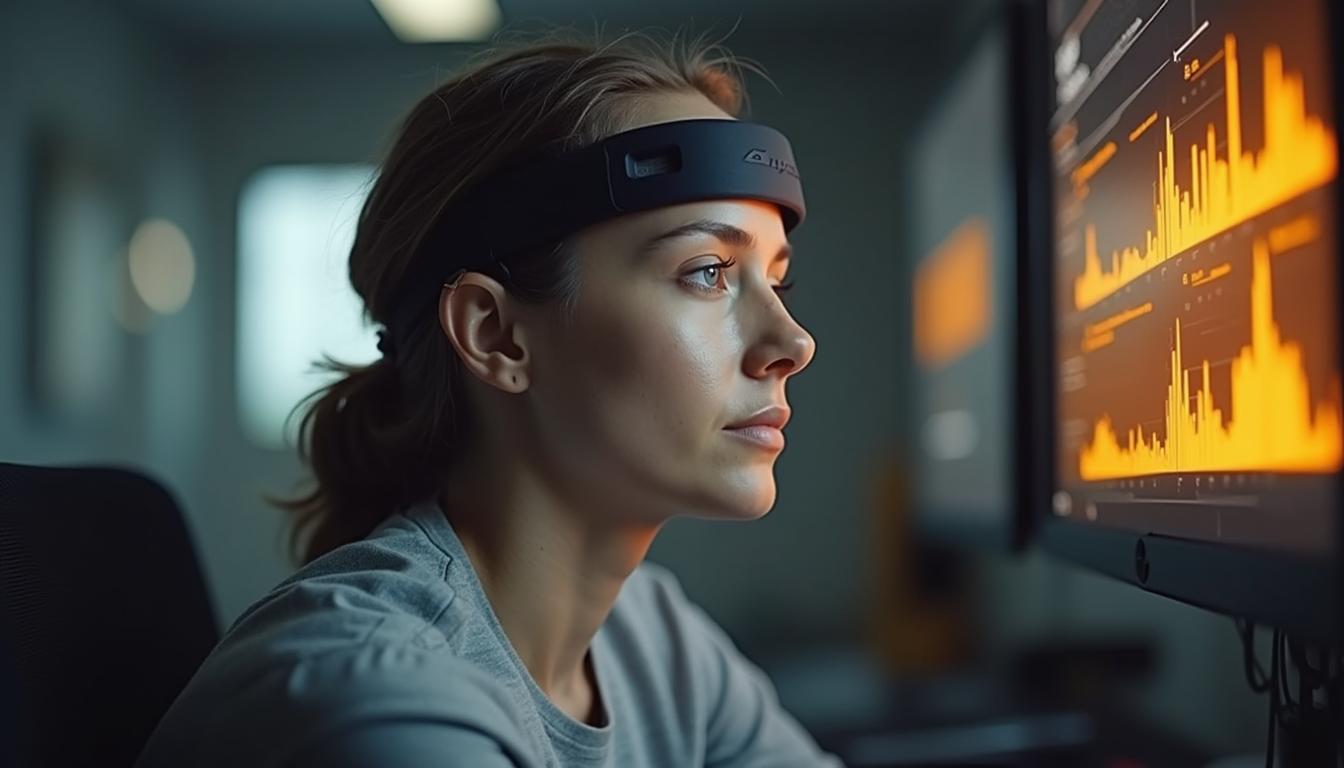
Mental fatigue affects far more than concentration — it influences reaction time, decision accuracy, motivation, and even physical performance. For athletes, clinicians, and high-performance professionals, being able to measure focus and cognitive fatigue objectively is a game-changer.
Until recently, such insights were limited to labs or research studies. Now, accessible technologies make it possible to track and train cognitive readiness in the same way we measure heart rate or strength.
Here are five leading tools used to assess and manage mental fatigue, focus, and cognitive resilience, ranging from cognitive testing apps to advanced neurotech platforms.
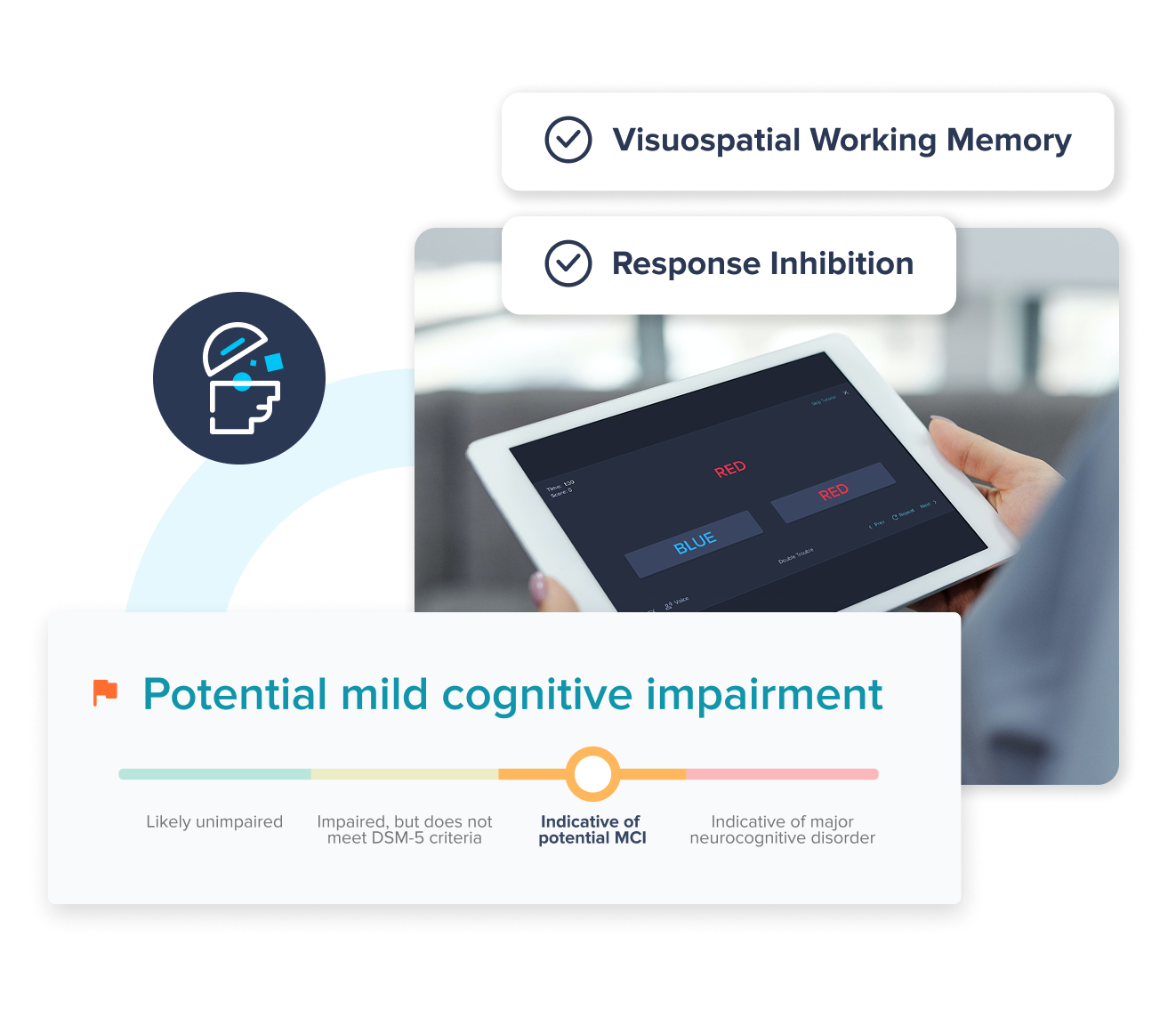
What It Is
Creyos is an online cognitive testing platform developed from decades of neuroscience research at the University of Cambridge.
Why It’s Used for Focus and Fatigue Tracking
Creyos includes validated tests for attention, working memory, and reasoning, providing objective baselines that can be re-tested to monitor cognitive changes due to fatigue, stress, or training.
Pros
Cons
Scores (1–10)
👉 Learn more: Creyos

What It Is
NeuroTracker X is a 3D multiple-object tracking system that quantifies and trains attention, awareness, and mental processing speed.
Why It’s Used for Measuring Focus
NeuroTracker measures performance in attention-demanding tasks over repeated sessions, providing quantifiable metrics of cognitive endurance. Declines in tracking speed or consistency can indicate mental fatigue or reduced focus.
Pros
Cons
Scores (1–10)
👉 Learn more: NeuroTracker X
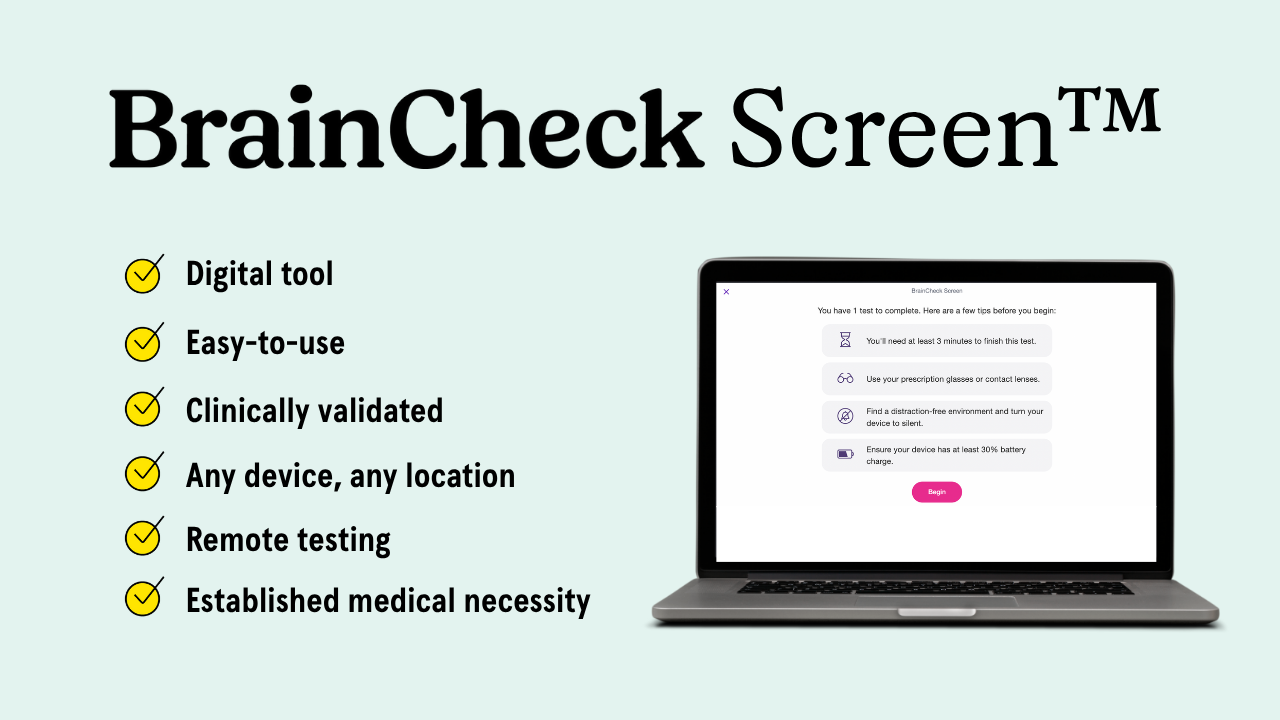
What It Is
BrainCheck is a digital cognitive testing platform offering clinical-grade assessments of memory, attention, processing speed, and reaction time.
Why It’s Used for Cognitive Fatigue
Originally designed for concussion and cognitive screening, BrainCheck’s metrics are sensitive to mental workload and fatigue, making it suitable for both sports and wellness applications.
Pros
Cons
Scores (1–10)
👉 Learn more: BrainCheck

What It Is
BrainBit is a professional-grade 4-channel EEG headband offering real-time brainwave data for focus, fatigue, and cognitive-state analysis.
Why It’s Used for Measuring Fatigue
EEG enables direct measurement of neural signatures of attention and fatigue. BrainBit’s open-data platform allows researchers, coaches, and clinicians to visualize shifts in alpha/beta activity linked to mental state changes.
Pros
Cons
Scores (1–10)
👉 Learn more: BrainBit EEG Headband
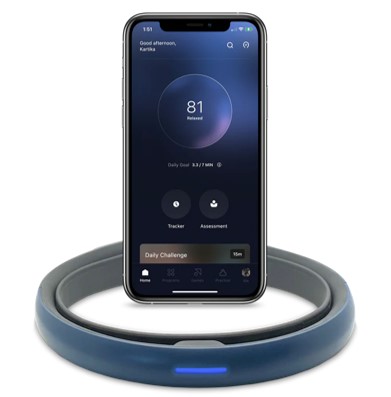
What It Is
FocusCalm is an EEG-based neurofeedback device designed to help users achieve calm and focused mental states through guided training.
Why It’s Used for Cognitive Fatigue and Focus
FocusCalm provides a “mental state score” in real time, quantifying relaxation and focus through brainwave activity. It’s used by athletes and wellness programs for pre-competition focus and recovery.
Pros
Cons
Scores (1–10)
👉 Learn more: FocusCalm

Q: Can cognitive fatigue really be measured?
A: Yes — changes in attention, reaction speed, and brainwave activity are reliable indicators of mental fatigue and focus decline.
Q: Which system is best for sports performance?
A: NeuroTracker X and FocusCalm are the most accessible for athletic environments, while BrainBit and CBS Health suit more clinical or research settings.
Q: Do these tools require specialized training?
A: Most are user-friendly, though EEG-based systems like BrainBit benefit from professional interpretation for deeper insights.
Q: Can these tools integrate with physical or HRV data?
A: Yes — combining cognitive data with physiological metrics offers the clearest picture of overall readiness and fatigue resilience.



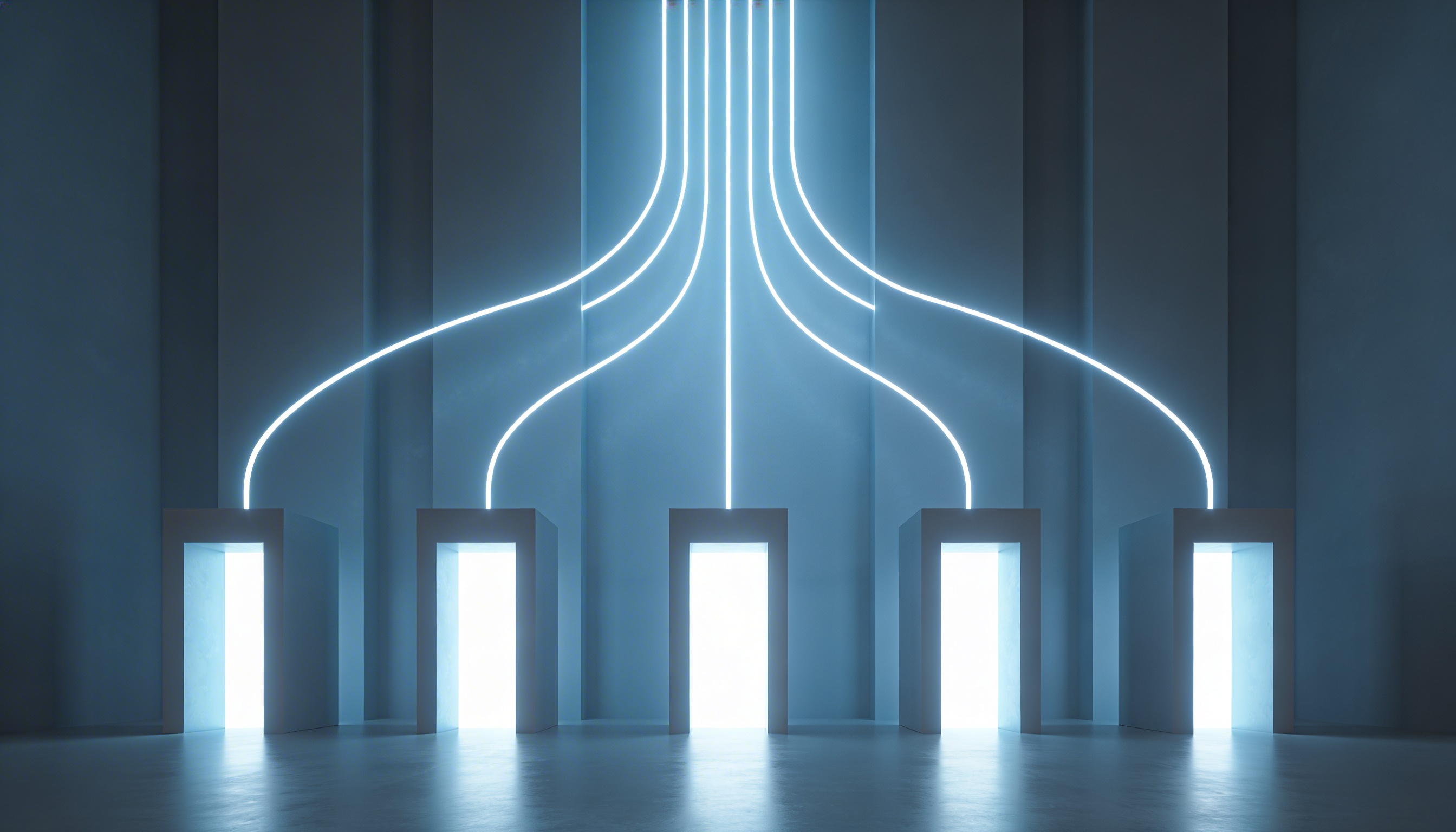



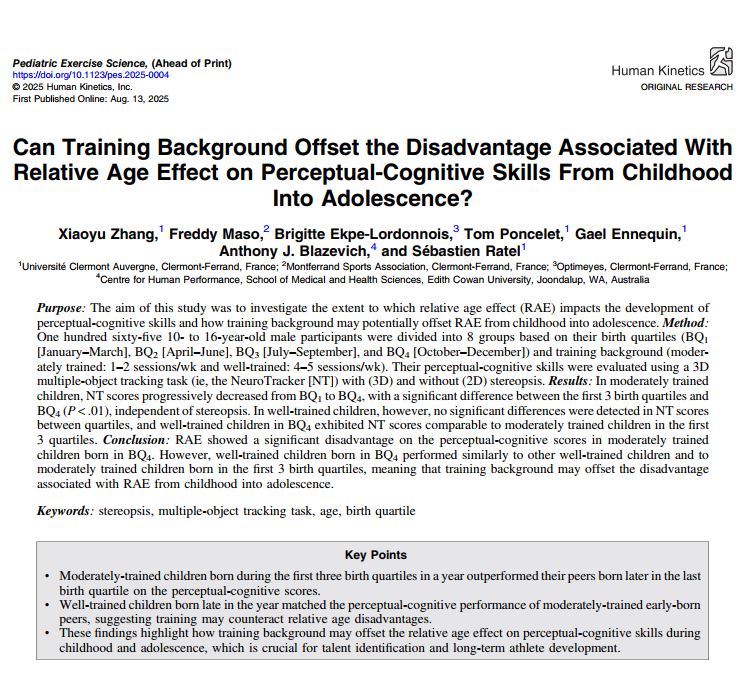
Welcome to the Research and Strategy Services at in today's fast-paced.

Standardized testing environments combine predefined formats and time limits that narrow how knowledge can be expressed. This interpretive guide help to distinguish structural constraint from reduced cognitive capacity.

Divided attention demands can alter performance through multiple processing streams rather than reducing cognitive capacity. This article interprets how to distinguish structural allocation from diminished ability under environmental constraint.

Reduced action range can alter performance by narrowing what can be physically or perceptually executed rather than diminishing cognitive ability. This article interprets how to distinguishing structural boundaries from capacity limitation.
.png)